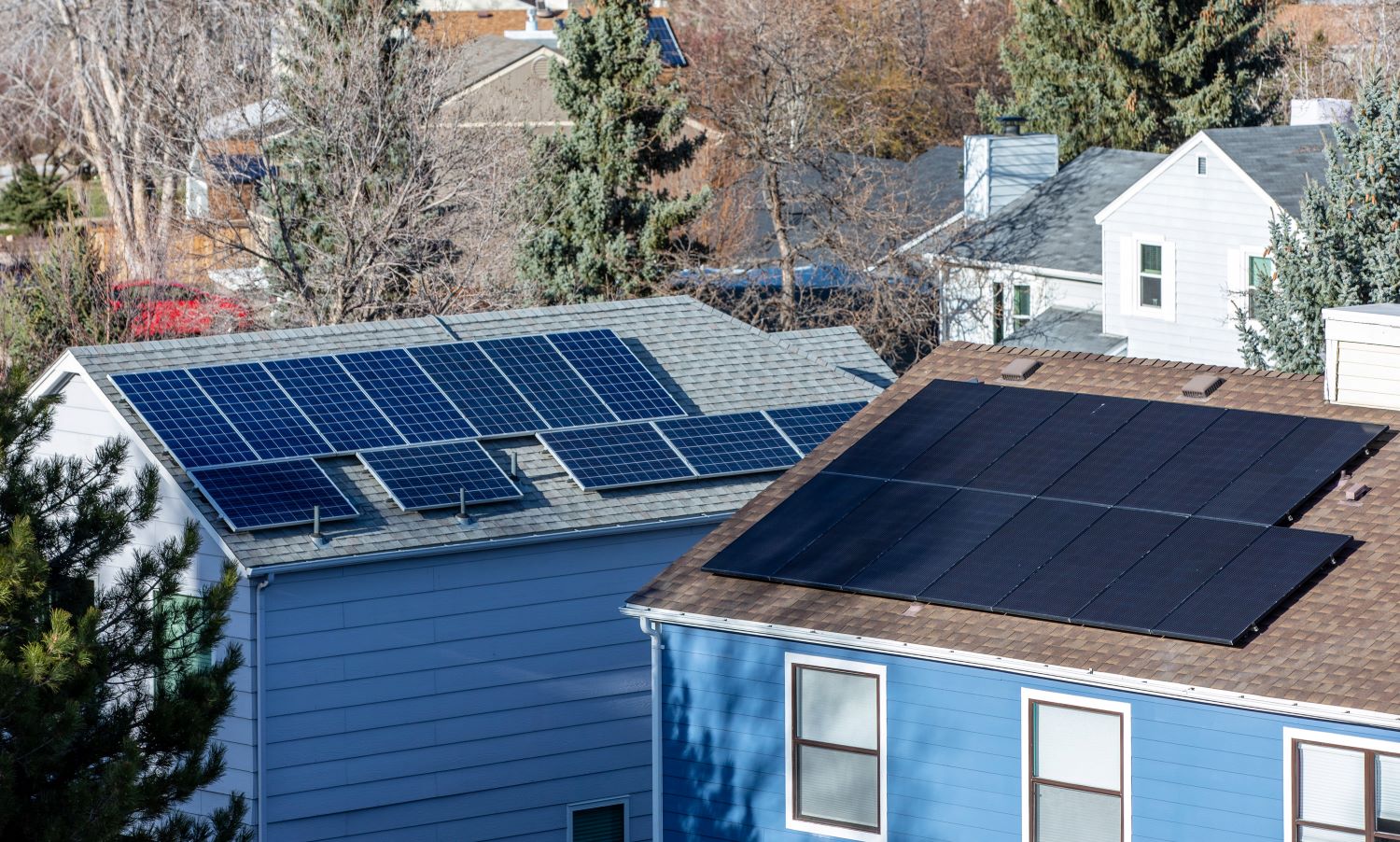
Federal Fuel Economy Proposal Shows the Power of State Action
If adopted, yesterday’s proposal by the Obama administration to strengthen fuel economy and global warming standards for cars and light trucks will be the nation’s biggest effort yet to reduce global warming pollution and oil dependence. This progress is testament to the power of state-level action to protect the environment.
If adopted, yesterday’s proposal by the Obama administration to strengthen fuel economy and global warming standards for cars and light trucks will be the nation’s biggest effort yet to reduce global warming pollution and oil dependence. This progress is testament to the power of state-level action to protect the environment.
The proposed standards would establish a fleet-wide average global warming pollution cap equal to 54.5 miles per gallon by 2025. These stronger standards would slash global warming pollution by 280 million metric tons by 2030, an amount equal to the annual emissions from 70 coal-fired power plants. Consumers who purchase a vehicle in 2025 would save $4,400 over the lifetime of the vehicle, even after considering the higher cost of manufacturing more efficient vehicles.
These proposed standards have their roots in action taken in 2002 by a single state—California—to reduce global warming pollution from light-duty vehicles. Thirteen other states followed California’s example and adopted comparable standards, affecting more than 40 percent of all vehicles sold nationally. In 2009, the Obama administration embraced these state-level standards, and adopted a similar standard nationally for model years 2012-2016. Yesterday’s proposal is a continuation of the progress initiated by states.
Topics
Authors
Elizabeth Ridlington
Associate Director and Senior Policy Analyst, Frontier Group
Elizabeth Ridlington is associate director and senior policy analyst with Frontier Group. She focuses primarily on global warming, toxics, health care and clean vehicles, and has written dozens of reports on these and other subjects. Elizabeth graduated with honors from Harvard with a degree in government. She joined Frontier Group in 2002. She lives in Northern California with her son.
Find Out More

Beyond the politics of nostalgia: What the fall of the steel industry can tell us about the future of America

Let us now praise rooftop solar: A tale from New England

Automakers could have learned to build EVs. They paid Tesla to do it instead.

